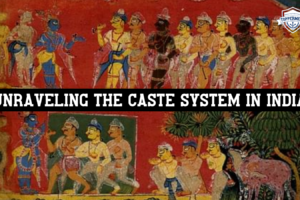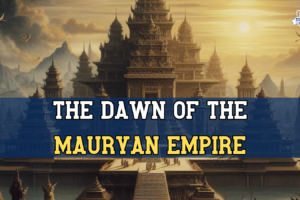
The Maurya Empire: From Greatness to Decline | UPSC History
The Maurya Empire was one of the most powerful empires in ancient India, but it met a swift end in 185 BCE. While there are many factors that contributed to its decline, some of the most significant include:
- Weak successors: After the death of Emperor Ashoka, the Maurya Empire was ruled by a series of weak and ineffective rulers. They were unable to maintain the unity and stability of the empire, and their weak leadership led to its disintegration.
- Economic decline: The Maurya Empire was built on a strong economy, but it began to decline due to a number of factors, including the loss of the northwest frontier and the decline of trade routes. This had a significant impact on the stability of the empire.
- Regional rebellions: As the power of the Mauryan Empire declined, regional governors began to assert their independence. They rebelled against the central authority, which further weakened the empire. For example, the Satavahanas established their own kingdom in the Deccan region of India.
- External invasions: The Maurya Empire faced several external invasions during its decline. The Greeks, for example, invaded India and established their own kingdom in the northwest part of the empire.
- Assassination: The last Mauryan emperor, Brihadratha, was assassinated by his own commander-in-chief, Pushyamitra Shunga. This event marked the end of the Mauryan Empire.
The decline of the Maurya Empire is a cautionary tale about the importance of strong leadership, economic stability, and internal unity. It is also a reminder that even the most powerful empires can fall if they are not properly managed and defended.
Also Read
Tag:Ashoka, Chandragupta Maurya, Decline, IAS, IFS, India, IPS, IRS, Maurya Empire, Successors, UPSC



